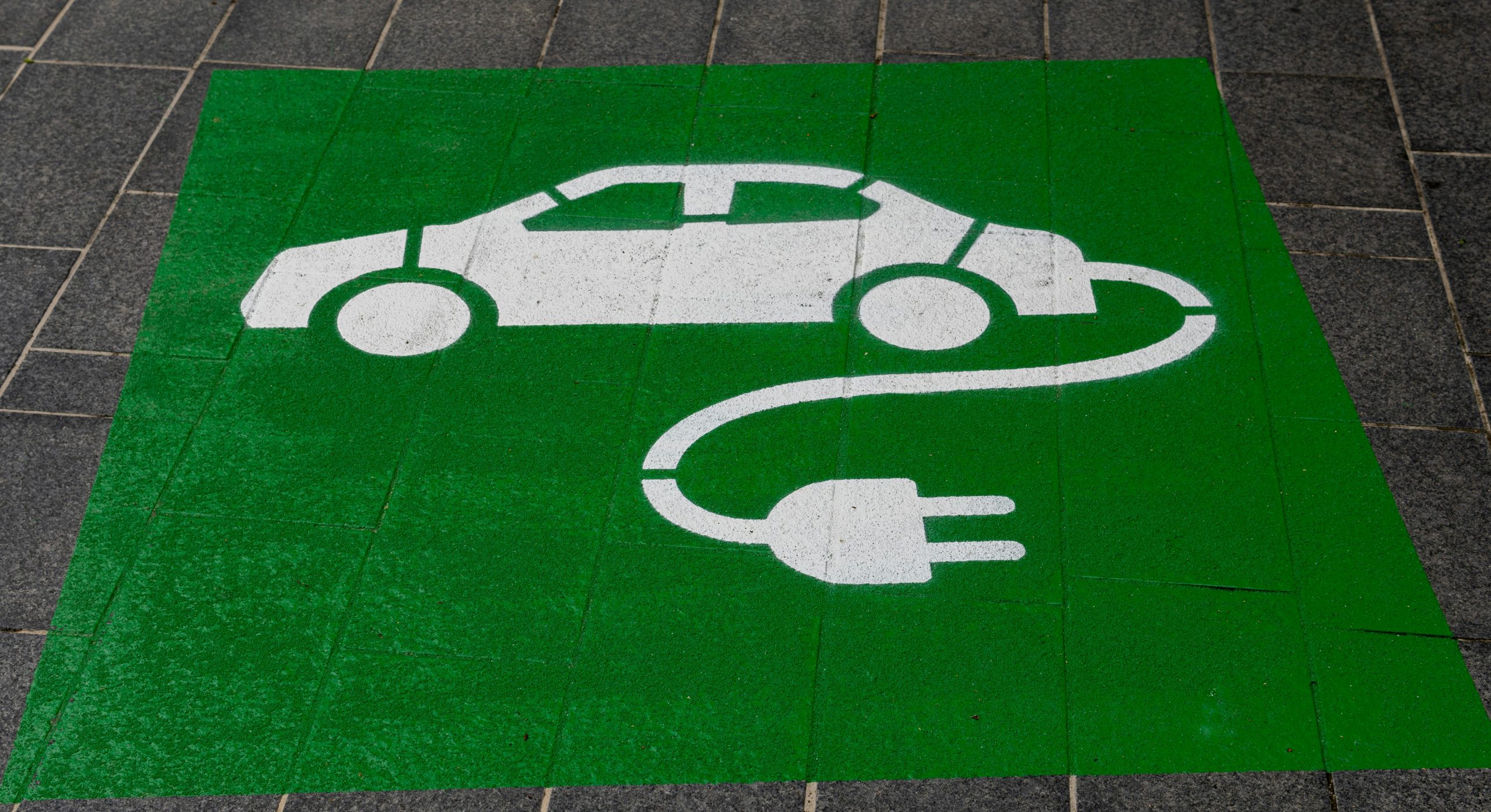Electric cars are increasingly gaining ground on their powered counterparts, marking a transformation in the automotive sector. Thanks to increased environmental awareness and advancements in battery and charging technologies, electric cars are an increasingly popular choice.
Growth of the electric car market
The four-wheeled electric mobility market is rapidly expanding. Forecasts say that global sales should reach 45 million by 2040. But what is fueling this growth? It is certainly a combination of factors such as government incentives, environmental regulations and the increase in the offer of electric models by car manufacturers.
Battery innovations
The battery is the heart of every electric car, and thanks to recent innovations vehicles are increasingly efficient and accessible. Indeed, lithium-ion batteries are currently the standard, but new technologies are being explored, such as solid-state batteries, which would have higher energy density and faster charging times.
Not only that, because innovations in battery thermal management are also improving the durability and safety of vehicles.
Charging network
Would you buy a car where you can’t put fuel in it? Obviously not. The availability of charging infrastructure is therefore a crucial aspect to take into account when talking about the adoption of electric cars. In fact, public charging networks are growing rapidly, and the stations are increasingly faster, modern and effective, allowing you to recharge a car in just a few minutes. Many companies are also investing in home charging solutions, which are more efficient for keeping vehicles always ready for use.
Environmental impact
The main advantage of electric cars is certainly the lower environmental impact compared to combustion vehicles. Electric cars, in fact, do not emit exhaust fumes and thus contribute to reducing pollution and the emission of greenhouse gasses. Furthermore, the adoption of sustainable practices for battery production and material recycling are further reducing the environmental impact of vehicles, making them more attractive to a public increasingly attentive to the issues of environmental and economic sustainability.
Autonomous and connected vehicles
Not only are they greener: electric cars are also becoming smarter. Technologies such as autonomous driving and advanced connectivity, in fact, are completely transforming the driving experience. Thanks to advanced sensors, artificial intelligence and V2X (Vehicle to Everything) technology, safety and efficiency improve and we prepare for a future where autonomous electric cars could be the norm.
Challenges
Although the advantages are numerous, we must not forget the inevitable challenges that come with every technological innovation.
The demand for minerals such as lithium and cobalt for batteries can have a negative environmental and social impact if not managed correctly, and vehicle autonomy, in addition to charging times, remain among the main concerns for those who would like to switch to this type of vehicle.
If we face these challenges responsibly, electric cars will pave the way for a cleaner and more sustainable future of mobility.


